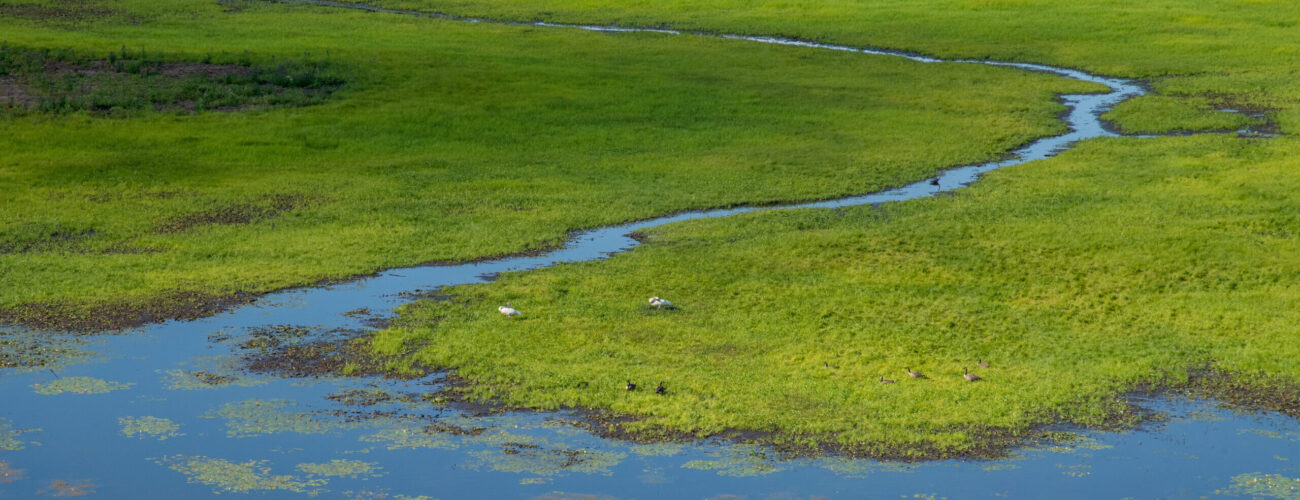The 30th of this month will mark our second National Day of Truth and Reconciliation. This day makes space for Canadians to honour those affected, and reflect on the legacy of the residential school system in our country.
The occasion was borne out of a need outlined in the Truth and Reconciliation Commission’s 94 calls to action that include such things as equity for Indigenous people in the legal system, access to healing spaces, and burial information for missing children. Things we can all agree no one should have to ask for.
When I try to process the impact, it is unfathomable and I am free of wounds inflicted by the institution. However, when I view the tragedy through a conservation lens, I can bring it into sharper focus. And what that clarity tells me is that The Conservancy’s need to participate in Reconciliation is critical.
Despite routinely being displaced in the name of ‘conservation’, Indigenous people are our best conservationists globally. United Nations reports confirm that land stewarded by Indigenous people is home to more biodiversity, and in the Anthropocene – the age of mass human-caused extinction, this is an incredible achievement. With one quarter of the earth in Indigenous hands, these often remote communities have already been holding back the tide of the climate catastrophe for some time.
While there is a diversity of opinion and approaches among Indigenous people when it comes to protecting nature, Indigenous people are exceptional leaders in the field. As we press forward into an uncertain climate future they are not solely responsible for protecting our planet, but, human kind is unlikely to succeed in maintaining a healthy environment without them.
“these often remote communities have already been holding back the tide of the climate catastrophe for some time.”
On Orange Shirt Day, when I think of residential schools as an environmentalist I will wonder how much further ahead we would be if those thousands of children had survived. How many more voices there would be calling on decision makers to protect the land? How many more minds would hold Traditional Knowledge and be able to identify significant changes on the landscape? How many more hearts would be dedicated to protecting our natural world?
When it comes to reconciliation and conservation, it is our privilege to listen and learn from Indigenous people, to value their experience and land-use practices, and to work to amplify their voices of to make a better world for us all.
If you or someone you know is experiencing pain or distress as a result of residential school experience The Indian Residential Schools Crisis Line is available 24-hours a day at 1-800-721-0066.
Courtney Baker is the Administrative Assistant at The Couchiching Conservancy, your local land trust, protecting nature for future generations.

